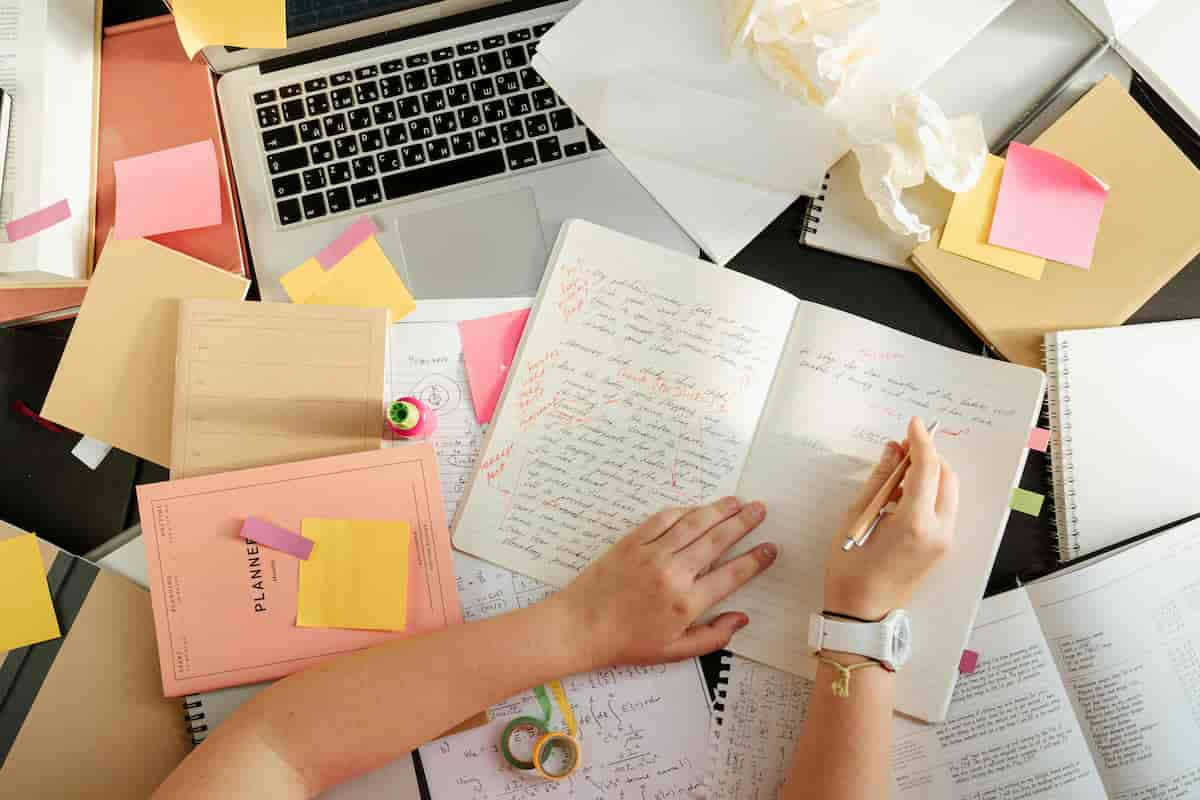What A Messy Desk Says About Your Creativity (M)
“If a cluttered desk is a sign of a cluttered mind, of what, then, is an empty desk a sign?” — Albert Einstein

“If a cluttered desk is a sign of a cluttered mind, of what, then, is an empty desk a sign?” — Albert Einstein
